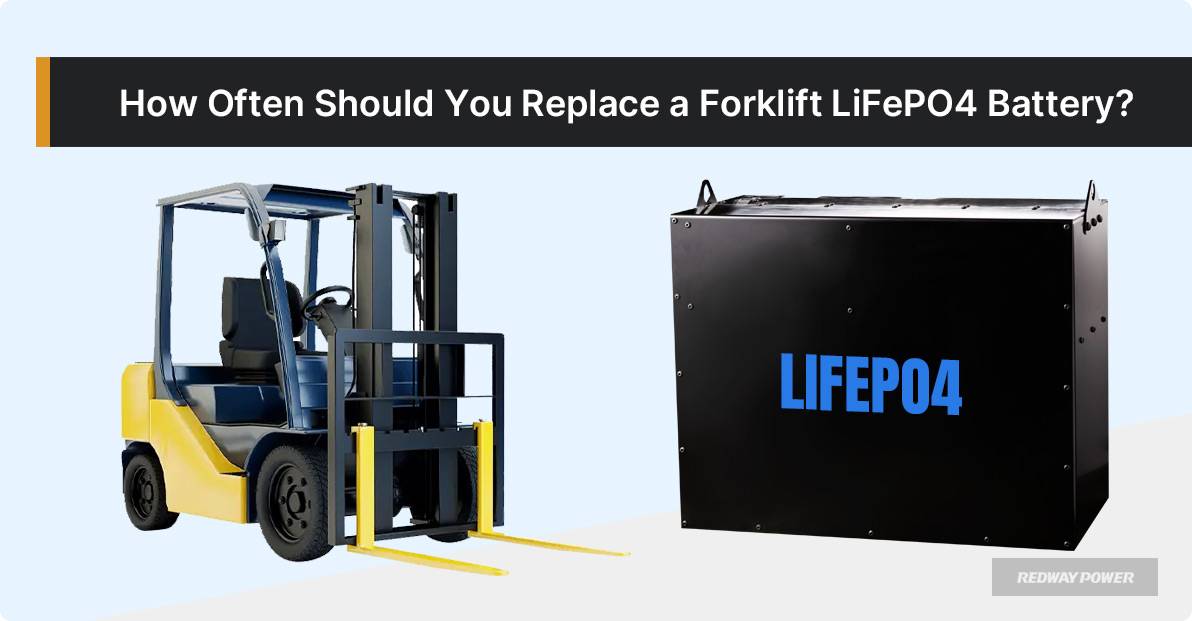- Lithium Golf Cart Battery
- Forklift Lithium Battery
-
48V
- 48V 210Ah
- 48V 300Ah
- 48V 420Ah (949 x 349 x 569 mm)
- 48V 420Ah (950 x 421 x 450 mm)
- 48V 456Ah
- 48V 460Ah (830 x 630 x 590 mm)
- 48V 460Ah (950 x 421 x 450 mm)
- 48V 460Ah (800 x 630 x 600 mm)
- 48V 460Ah (820 x 660 x 470 mm)
- 48V 500Ah
- 48V 560Ah (810 x 630 x 600 mm)
- 48V 560Ah (950 x 592 x 450 mm)
- 48V 600Ah
- 48V 630Ah
-
48V
- 12V Lithium Battery
12V 150Ah Lithium RV Battery
Bluetooth App | BCI Group 31
LiFePO4 Lithium
Discharge Temperature -20°C ~ 65°C
Fast Charger 14.6V 50A
Solar MPPT Charging - 24V Lithium Battery
- 36V Lithium Battery
- 48V Lithium Battery
-
48V LiFePO4 Battery
- 48V 50Ah
- 48V 50Ah (for Golf Carts)
- 48V 60Ah (8D)
- 48V 100Ah (8D)
- 48V 100Ah
- 48V 100Ah (Discharge 100A for Golf Carts)
- 48V 100Ah (Discharge 150A for Golf Carts)
- 48V 100Ah (Discharge 200A for Golf Carts)
- 48V 150Ah (for Golf Carts)
- 48V 160Ah (Discharge 100A for Golf Carts)
- 48V 160Ah (Discharge 160A for Golf Carts)
-
48V LiFePO4 Battery
- 60V Lithium Battery
-
60V LiFePO4 Battery
- 60V 20Ah
- 60V 30Ah
- 60V 50Ah
- 60V 50Ah (Small Size / Side Terminal)
- 60V 100Ah (for Electric Motocycle, Electric Scooter, LSV, AGV)
- 60V 100Ah (for Forklift, AGV, Electric Scooter, Sweeper)
- 60V 150Ah (E-Motocycle / E-Scooter / E-Tricycle / Tour LSV)
- 60V 200Ah (for Forklift, AGV, Electric Scooter, Sweeper)
-
60V LiFePO4 Battery
- 72V~96V Lithium Battery
- Rack-mounted Lithium Battery
- E-Bike Battery
- All-in-One Home-ESS
- Wall-mount Battery ESS
-
Home-ESS Lithium Battery PowerWall
- 24V 100Ah 2.4kWh PW24100-S PowerWall
- 48V 50Ah 2.4kWh PW4850-S PowerWall
- 48V 50Ah 2.56kWh PW5150-S PowerWall
- 48V 100Ah 5.12kWh PW51100-F PowerWall (IP65)
- 48V 100Ah 5.12kWh PW51100-S PowerWall
- 48V 100Ah 5.12kWh PW51100-H PowerWall
- 48V 200Ah 10kWh PW51200-H PowerWall
- 48V 300Ah 15kWh PW51300-H PowerWall
PowerWall 51.2V 100Ah LiFePO4 Lithium Battery
Highly popular in Asia and Eastern Europe.
CE Certification | Home-ESS -
Home-ESS Lithium Battery PowerWall
- Portable Power Stations
How Often Should You Replace a Forklift LiFePO4 Battery?
The replacement frequency for a forklift LiFePO4 battery typically ranges from 5 to 10 years, depending on usage, maintenance, and environmental conditions. With proper care, these batteries can last up to 10,000 cycles, making them a cost-effective choice for businesses. Regular monitoring of battery performance is essential to determine the optimal replacement time.
Understanding LiFePO4 Battery Lifespan
LiFePO4 batteries are known for their long lifespan and reliability. However, several factors influence when a replacement is necessary:
- Cycle Count: The number of charge and discharge cycles directly affects battery life. LiFePO4 batteries can handle significantly more cycles than traditional lead-acid batteries.
Cycle Life Comparison LiFePO4: 2,000 – 10,000 cycles Lead-Acid: 500 – 1,200 cycles - Usage Patterns: Frequent heavy usage can accelerate wear and tear. Monitoring usage patterns helps in predicting when a battery may need replacement.
- Depth of Discharge (DoD): Regularly discharging the battery to lower levels can shorten its lifespan. Keeping the DoD within recommended limits is crucial.
Recommended DoD Levels LiFePO4: 20% – 80% Lead-Acid: 50% – 80% - Environmental Conditions: Extreme temperatures and humidity can affect battery performance and longevity. Maintaining optimal operating conditions is essential.
Temperature Impact Optimal: 20-25°C Risk of Degradation: <0°C or >40°C
Latest News
- Recent studies indicate that advancements in lithium technology may extend the lifespan of LiFePO4 batteries beyond the traditional limits.
- Industry leaders are now focusing on developing smart battery management systems that can predict battery health and replacement needs more accurately.
- Regulatory trends are pushing for increased adoption of lithium batteries in forklifts due to their efficiency and lower environmental impact compared to lead-acid alternatives.

Redway Expert Comment
“At Redway Power, we emphasize the importance of proactive monitoring for forklift LiFePO4 batteries. While these batteries can last up to a decade with proper care, factors such as usage patterns and environmental conditions play a critical role in determining when a replacement is necessary. Our commitment to quality ensures that our customers receive reliable solutions tailored to their operational needs.”
Best Practices for Battery Replacement
To ensure optimal performance and longevity of forklift LiFePO4 batteries, we recommend the following best practices regarding replacement:
- Regular Performance Monitoring: Implement a system to track battery performance metrics, including cycle count and charge efficiency.
- Scheduled Inspections: Conduct routine inspections to check for signs of wear or degradation, which could indicate an impending need for replacement.
- Utilize Battery Management Systems: Invest in advanced battery management systems that provide real-time data on battery health and usage patterns.
- Educate Operators: Train operators on best practices for using and maintaining LiFePO4 batteries to maximize their lifespan.
- Plan for Replacement: Establish a replacement schedule based on usage data and performance metrics to avoid unexpected downtime.
Top Competitors in Forklift LiFePO4 Batteries
| Brand Name | Battery Options Available | Notable Features |
|---|---|---|
| Redway Power | Yes | Custom solutions, high cycle life |
| BYD | Yes | Integrated energy management systems |
| CAT Lift Trucks | Yes | Robust design for heavy-duty applications |
| Crown Equipment | Yes | Advanced technology for efficiency |
| Mitsubishi Forklift | Yes | Focus on sustainability and performance |
In conclusion, understanding when to replace a forklift LiFePO4 battery is crucial for maintaining operational efficiency and minimizing costs. By monitoring performance metrics, adhering to best practices, and staying informed about technological advancements, businesses can ensure they make timely replacements that enhance productivity.












